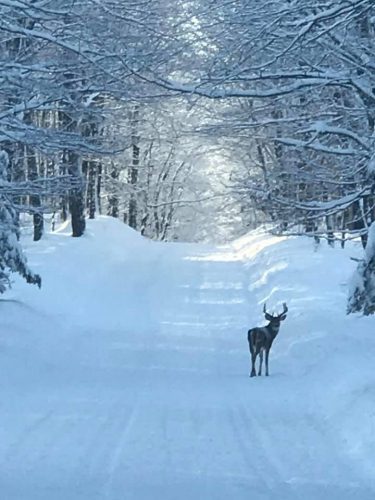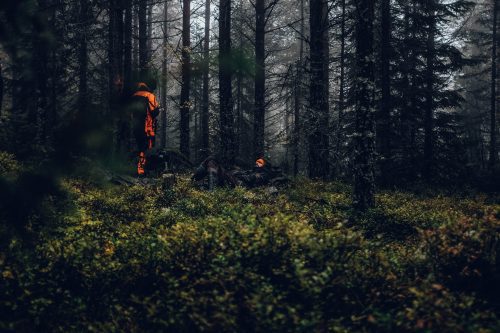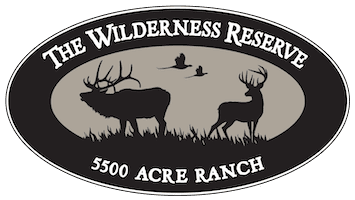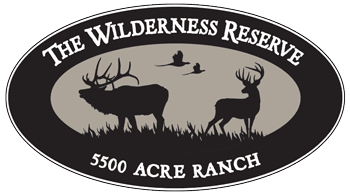Wisconsin Deer Seasons
Viewed by the nation as a leading hunting state for whitetail deer, Wisconsin deer seasons live up to the hype. With a proven reputation for plenty of the largest bucks around, Wisconsin is the place to be! Boasting over seven million acres of land for public hunts, a diverse sweep of habitats provides an experience for anyone. From sitting along the river bottoms to trekking the Northwoods, no one can deny the beauty of Wisconsin deer seasons.
Regardless of if you are a hunting newbie or ready for your fiftieth season, Wisconsin deer seasons are exactly what you’re looking for. The Wilderness Reserve is here to guide you through everything you need to know!
So, who can obtain a hunting license in Wisconsin? Is there an age limit? Youth hunting events are one weekend prior to the normal hunting season. This is open to residents and non-residents 15 years of age and younger! All youth hunters need to have successfully completed a Hunter Education Program or be participating in the Mentored Hunt Program. Hunters must hold the required valid licenses, stamps and permits/harvest authorizations for the species they wish to pursue. An adult 18 years of age or older must accompany the youth hunter. An adult cannot accompany more than two youth hunters at one time. No matter who you are, you have to complete the Hunter Education Course. Professional educators are there to guide you through the most effective ways to safely hunting during Wisconsin deer seasons. After this course has been completed, there are several differing licenses to choose from:

Hunting Licenses
- Resident license – if you have been living in Wisconsin for a minimum of 30 days, you are a resident! This license Is available to anyone that is a resident of age 10 or older. In addition, you may need other licenses depending on which game you are planning to hunt. If this is your first time buying a hunting license, there is a discount when making this purchase.
- Youth license – this license is for residents within the age range of 10 to 17. Like a resident license, you may need additional licensing for different game. If you are not a resident of Wisconsin, but your parent resides there, you’re still able to obtain this license.
- Senior and Disability license – a Wisconsin resident of age 65 or older can hold a Senior Citizen license. Any resident or non-resident that is disabled is eligible for a disabled hunting permit.
- Military Personnel license – active members of the military that are currently stationed in Wisconsin are authorized to purchase their hunting license at the same rate as residents of Wisconsin.
- Non-Resident license – if you are 10 or older and are not a resident of Wisconsin, you can obtain this license. Like a resident license, you can purchase this license at a discount as a first-time buyer.
Although it seems simple – it’s okay to not understand it all! If you are in need of more information on pricing and licensing, contact the Wisconsin Department of Natural Resources! All license are able to purchase online, making obtaining a license a breeze.

Safety during Wisconsin deer seasons is of utmost importance. A quarter of bowhunters have fallen from an elevated stand such as a tree stand. Less than half of deer hunters in Wisconsin utilize a harness for safety every time they climb into position. When hunting above ground, there is no doubt that every hunter should utilize a fall-arrest system. No matter if you are hunting with a tower stand, or a ladder stand, you should always be prepared. Some helpful tips and rules for safety when hunting above ground are as follows:
Safety Tips
- Be sure that you let someone know where you will be hunting – and when you are expecting to return!
- Always keep a cell phone on you or another form of communication! You want to be able to call for help if you find yourself injured.
- Make your tether line short and have your harness connected at all times.
- Utilizing a haul line is crucial so that you can safely lower and raise your unloaded bow or firearm.
- When climbing up into position and down – use a lifeline! This will ensure that you are safe when you depart from the ground until you get back down.

